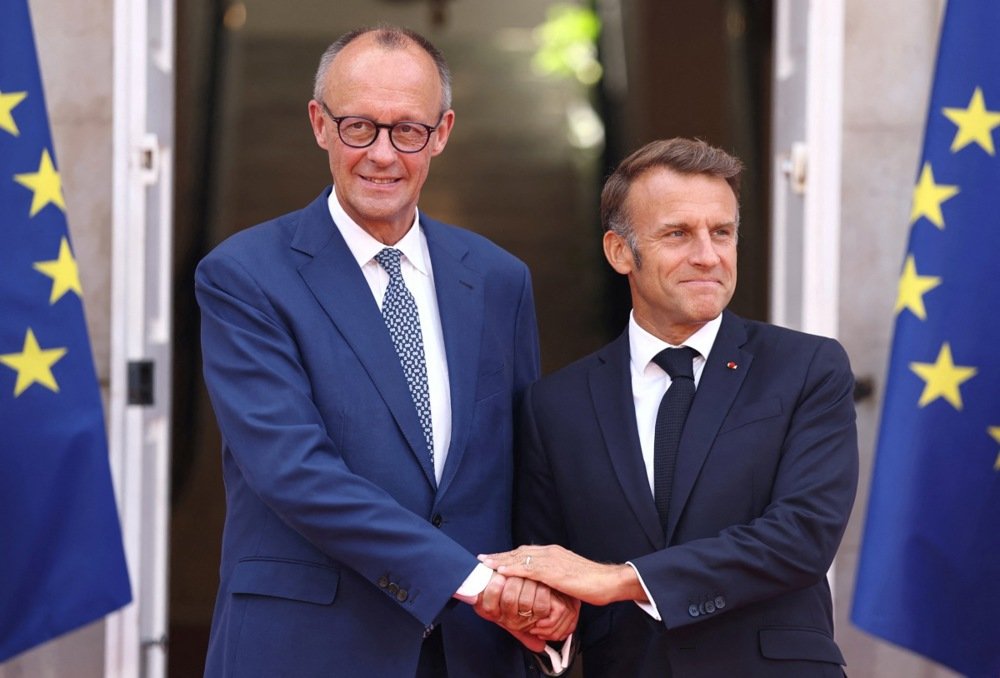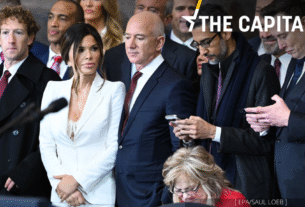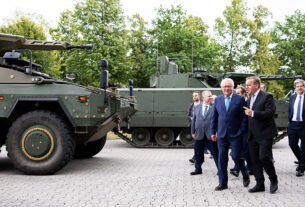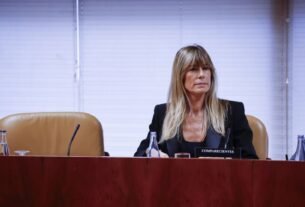PARIS – French and German leaders rolled out a catalogue of joint projects on Friday in Toulon, vowing to prove their partnership still drives EU policy.
Trumpets sounded and smiles flashed as Emmanuel Macron and Friedrich Merz opened the 25th Franco-German Council of Ministers, which the French president hailed as a “turning point” in bilateral ties.
“Together, France and Germany want to give Europe new momentum: more competitive, more productive and more sovereign,” Macron summed up.
Merz echoed the sentiment, stressing that Paris and Berlin “share the same clear-eyed view of the major domestic and external challenges” they face.
The two leaders set out eight strategy papers and some 20 flagship projects, spanning energy, trade, industry, advanced tech, competitiveness and the single market.
Among them was a pledge to boost Franco-German cooperation on trade-related issues, which have been a major point of disagreement between Paris and Berlin in recent years.
Still, sensitive disputes were carefully shelved. The EU’s free trade agreement with Mercosur, backed by Berlin but opposed in Paris over fears it would harm French farmers, was reduced in the final communiqué to a promise of a “pragmatic EU trade agenda” with “safeguards on strategic sectors, in particular agriculture”.
The most striking shift came in energy. Berlin is preparing to back the inclusion of nuclear power in the EU’s energy rulebook – a remarkable step for a country that only recently shut its last reactors.
The change hands Paris a long-awaited win. France, along with more than a dozen other pro-nuclear capitals, has been urging Brussels to move past its renewables-only framework and recognise nuclear as a low-carbon source in a broader net-zero strategy.
The provisions detailed on Friday are to be followed in the coming months by regular “review clauses”. A highly theoretical programme, however, as Bayrou’s government is expected to fall during the confidence vote scheduled on 8 September.
The German press, moreover, has this week been far less optimistic than the participants at the Toulon meeting: “France is becoming a burden for Europe,” wrote Die Welt.
The French President had carefully avoided, for two days, raising the political crisis raging in Paris. Confronted by journalists’ questions, however, he stressed that the roadmap presented in Toulon “commits France to continuity” – and thus even if Bayrou’s government were to fall.
He also made clear that his presidential mandate “will be carried through to the end”, closing the door on any resignation.
Thomas Moller-Nielsen and Nikolaus J. Kurmayer contributed to reporting.
(mm)





